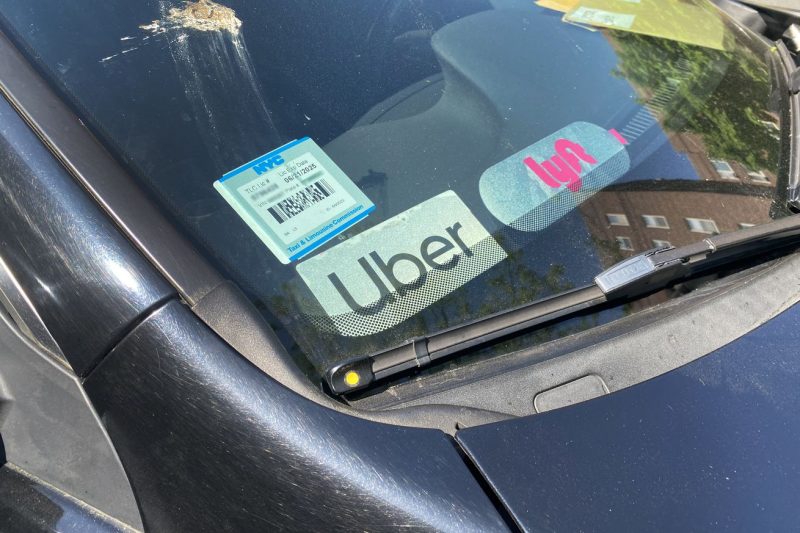In a significant development that could have far-reaching implications for the gig economy, the state of Massachusetts has enacted a new law requiring ride-share companies such as Uber and Lyft to pay their drivers a minimum of $32 per hour. This move comes as a response to growing concerns about the working conditions and compensation of gig workers, who often face precarious employment situations and low wages.
The decision to mandate this minimum wage for ride-share drivers is a bold step by the Massachusetts legislature, and it sets a new precedent for protecting the rights of gig workers. By ensuring that drivers receive adequate compensation for their work, the state aims to address the issue of drivers being underpaid and potentially exploited by these tech companies.
Uber and Lyft, two major players in the ride-share industry, have long been criticized for their business practices and treatment of drivers. Drivers have raised concerns about declining wages, lack of benefits, and inconsistent policies that put their livelihoods at risk. The new law in Massachusetts represents a significant win for driver advocacy groups and labor organizations that have been pushing for better working conditions for gig workers.
The $32 per hour minimum wage for ride-share drivers is based on a formula that takes into account expenses such as gas, insurance, and vehicle maintenance. This approach ensures that drivers are fairly compensated for their work and are not left struggling to make ends meet. The law also includes provisions for additional pay during low-demand periods, which further protects drivers from fluctuations in earnings.
While the implementation of this minimum wage requirement will undoubtedly have an impact on Uber and Lyft’s bottom line, it is a necessary step towards creating a more equitable and sustainable gig economy. By ensuring that gig workers are paid a living wage and have access to essential benefits, such as healthcare and paid time off, Massachusetts is setting a positive example for other states to follow.
It remains to be seen how Uber and Lyft will respond to this new mandate and whether they will challenge it in court. However, the Massachusetts law sends a clear message that gig companies must prioritize the well-being of their workers and comply with labor standards to operate in the state.
Overall, the decision to require ride-share companies to pay their drivers a minimum of $32 per hour represents a significant victory for gig workers and sets a precedent for improving working conditions in the gig economy. Massachusetts’ move highlights the importance of protecting the rights of workers in the rapidly evolving landscape of technology and employment.




























